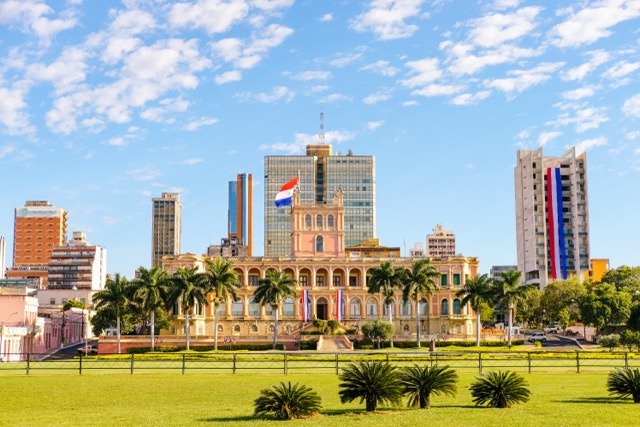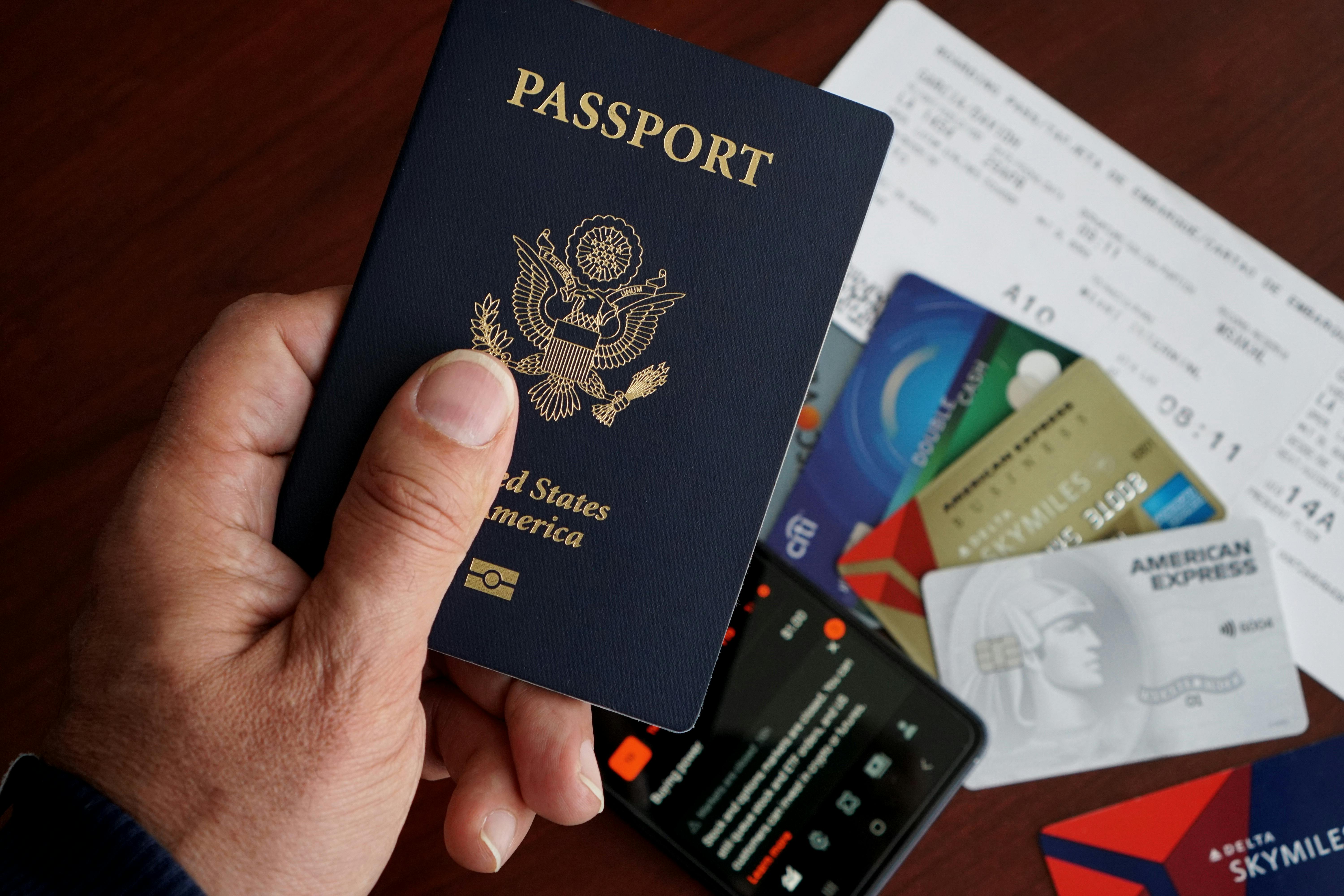Why Second Citizenship Is Becoming a Global Essential
Introduction: When Uncertainty Becomes the Norm, Mobility Becomes a Necessity
For many globally mobile families, the world is no longer what it was five years ago. If you’ve built wealth, raised children across continents, or structured your life with cross-border assets, you’ve likely already felt the shift. What used to be abstract geopolitical risk is now tangible—currency controls, abrupt policy shifts, travel limitations, or social instability have all entered the mainstream conversation.
Against this backdrop, second citizenship has moved from optional to essential. For high-net-worth individuals and globally minded families, it is not just a tool for convenience—it is now a cornerstone of long-term security planning.
Rising Global Volatility Is Redefining the Role of Citizenship
In 2025, we are watching a surge in second citizenship applications not just from emerging economies but from traditionally stable regions. The reasons are telling.
Investors and entrepreneurs are responding to a wider range of threats: not just war or authoritarianism, but the risk of frozen bank accounts, restricted outbound movement, and sudden tax reforms. We’ve worked with families from the U.S., UK, and Germany who—despite holding the world’s strongest passports—are seeking alternatives. Why? Because geopolitical alignment and domestic politics are no longer predictable.
Citizenship is no longer just about where you were born or what passport you inherited—it’s about optionality. The ability to move your family, protect your capital, or reset your business base has become a strategic imperative.
What a Second Citizenship Actually Secures
Many confuse second residency with second citizenship. The latter offers permanence. A residency visa—like Portugal’s Golden Visa—grants access, but it can be revoked, altered, or limited based on policy. Citizenship, however, grants the full legal right to reside, work, access education, and hold a passport from another country—often for you and your children.
A second citizenship allows you to:
- Move or exit from your current country with minimal friction
- Ensure your children can access education and health care in multiple jurisdictions
- Open and maintain bank accounts in alternative markets
- Protect multi-generational wealth through estate planning flexibility
- Avoid sudden border closures or nationality-based travel restrictions
It’s not about running from risk. It’s about creating meaningful, stable alternatives—an insurance policy that no market volatility or policy reversal can undo.
2025 Program Landscape: What’s Still Available, and What’s Changing
This year has seen important shifts across leading programs. In Portugal, for instance, the Golden Visa remains active, but now requires more than just a €500,000 fund investment. Immigration authorities have begun actively assessing whether applicants show meaningful ties to the country—through leases, bank accounts, or cultural integration. The once-lauded 7-day rule is no longer a blanket safeguard.
Meanwhile, Malta has suspended its citizenship-by-investment route following a decisive 2025 EU court ruling. Investors can still pursue long-term residency under the Malta Permanent Residency Program (MPRP), but the direct passport pathway is currently closed to new applicants.
Greece has retained its Golden Visa offering, with real estate investment thresholds starting at €250,000 in many regions. But while the path to EU residency is straightforward, the route to citizenship remains time- and integration-intensive—seven years minimum, and only with sustained physical presence and demonstrated cultural connection.
For families needing a rapid and irrevocable citizenship, Caribbean programs like St. Kitts & Nevis or Dominica remain unmatched. Their frameworks are legal, well-established, and fast—often delivering citizenship within 4–6 months with no requirement to live or travel there.
Each jurisdiction carries its own nuances, and what works for one family’s objectives may not suit another’s. The key is understanding not just the headlines, but the legal and lifestyle trade-offs embedded in each pathway.















